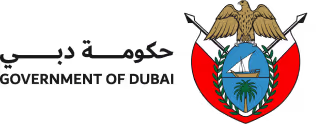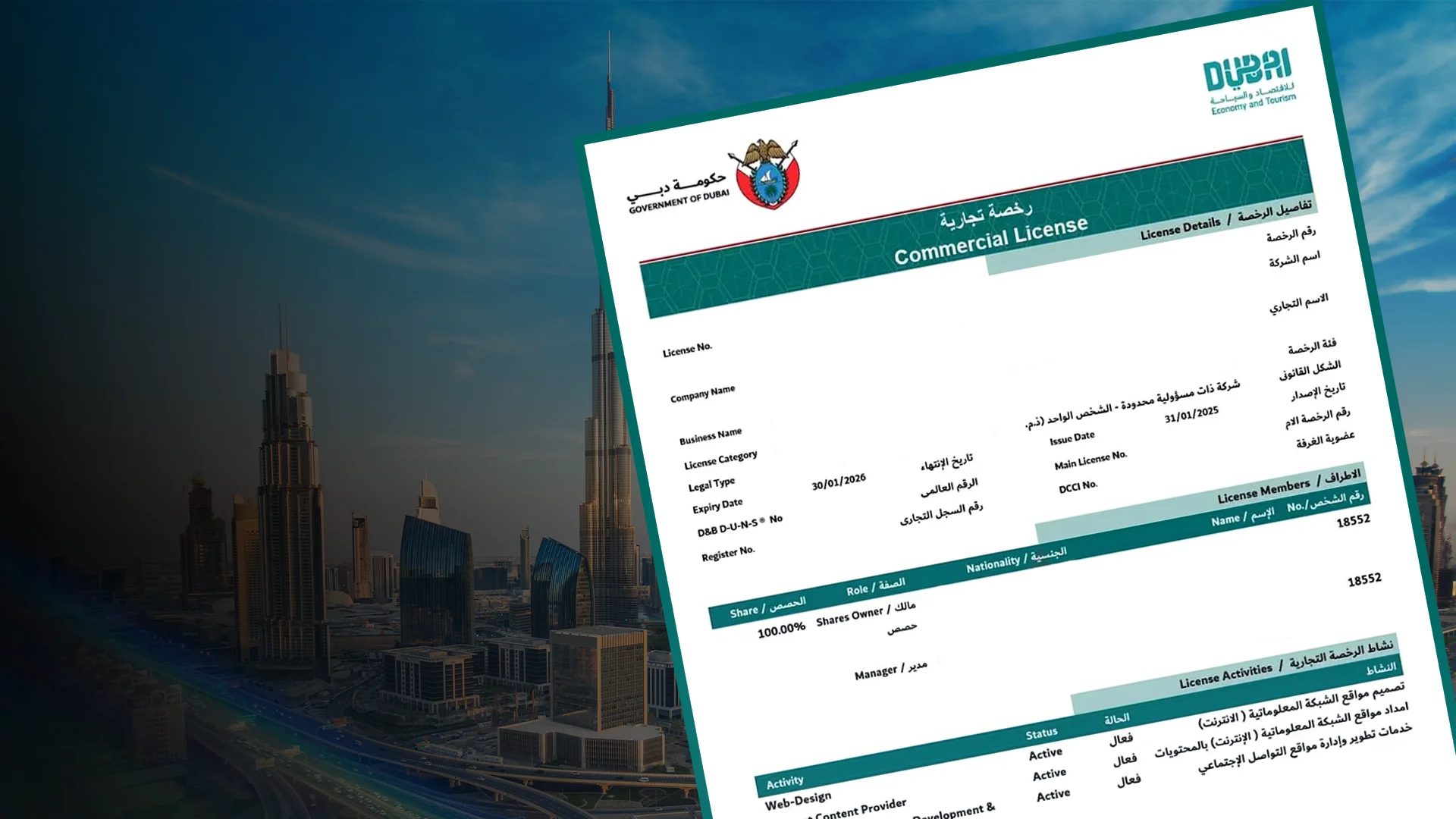
Topic Summary
1. Trade Licence
A valid trade licence issued by the Dubai Department of Economic Development (DED) is essential. This licence authorises the business to engage in import-export activities and specifies the commodities that can be traded.
2. Customs Declaration
The customs declaration form must be completed and submitted to Dubai Customs for every shipment. It details the nature, quantity, and value of goods being imported or exported, enabling proper assessment of duties and compliance with regulations.
3. Bill of Lading or Airway Bill
This transport document serves as proof of shipment and receipt of goods. It includes vital information about the consignor, consignee, and the terms of carriage, facilitating the transfer and release of goods at ports.
4. Certificate of Origin
Issued by a competent authority, the certificate of origin verifies the country where the goods were manufactured or produced. This document is important for customs clearance and may affect tariff rates under trade agreements.
5. Commercial Invoice
A detailed commercial invoice accompanies the shipment, listing the description, price, and quantity of the goods. It serves as a key document for valuation by customs and is used in the financial transaction between buyer and seller.
Dubai’s position as a global logistics and trade hub makes it an ideal place to start an import-export business.
But while the infrastructure and market access are world-class, the paperwork must be in order.
Knowing which documents are required for import-export in Dubai is the first step to operating legally and efficiently.
Whether you are importing electronics or exporting food products, proper documentation ensures smooth customs clearance, tax compliance and fast delivery.
Meydan Free Zone makes this process even simpler by supporting your licensing and customs setup from day one.
Trade License Requirements in Meydan Free Zone for Your Import-Export Business
Before trading any goods, you need a valid business license. The trade license requirements in Dubai depend on your chosen jurisdiction and the type of goods you plan to move.
In Meydan Free Zone, you can include import-export activities on your license during registration—simply select them as part of your application.
This license gives you the legal right to buy, sell, store and ship goods across UAE borders and internationally.
Without the correct license in place, you will not be able to register for customs clearance, get a shipment approved or issue official trade documents.
Essential Documents for Import-Export in Dubai
Once your license is active, you will need to manage your shipments with the right paperwork.
The following are the most essential documents for import-export in Dubai, required for most cargo entering or leaving the UAE:
- Commercial Invoice UAE
This invoice details the buyer, seller, product description, quantity, unit price and total value. It must be accurate and match the shipment exactly. - Packing List Requirements in Dubai
The packing list includes item-level detail such as weight, volume, packaging type and serial numbers. Customs uses this to verify the physical shipment. - Bill of Lading UAE
Issued by the shipping carrier, this document confirms the shipment has been loaded and outlines the destination and consignee. - Certificate of Origin UAE
This is issued by the Chamber of Commerce and confirms the product’s country of manufacture. It may be required for customs duty exemptions based on trade agreements. - Import or Export Declaration
Submitted via Dubai Customs’ online portal, this digital form includes Harmonized System (HS) codes and item values for each product. - Customs Entry/Exit Certificate
Issued upon successful clearance, this proves the goods have entered or exited UAE territory legally.
Dubai Customs Paperwork and Port Clearance
All shipments must be registered with Dubai Customs through their online Mirsal 2 system.
The Dubai customs paperwork process is automated but must be completed with precision.
Incorrect HS codes or missing documents can result in shipment delays, fines or rejections.
Meydan Free Zone provides assistance with customs registration and document templates to help new traders submit clear and compliant declarations.
If your business deals with restricted or controlled items, you may also need approval from ministries such as Health, Environment or Economy depending on the category.
Digital Integration For Your Import-Export Business with Meydan Free Zone
With Meydan Free Zone, your import-export documentation starts at the licensing stage.
Once your business is registered, our team supports with:
- Trade license setup with import-export activity
- Customs code application
- Emirates post and courier registration
- Documentation templates for invoice, packing list and shipping documents
- Business banking support to facilitate international payments
This integrated support reduces time to launch and helps you avoid many of the common administrative mistakes that first-time traders make.
FAQs
1. What documents are required to import goods into Dubai?
You will need a trade license, commercial invoice, packing list, bill of lading, and import declaration submitted via Dubai Customs.
2. What is the role of a commercial invoice in UAE imports?
It provides details of the transaction between buyer and seller and is used by customs to calculate duties and validate shipment contents.
3. Is a certificate of origin required for all exports from Dubai?
Not for all goods, but it is recommended and often required if you want to benefit from tariff exemptions in destination countries.
4. What are the packing list requirements in Dubai?
It must include item-level detail like dimensions, weight, packaging type and quantity. This list helps customs match the cargo with documents.
5. Who issues the bill of lading in the UAE?
The shipping company or freight forwarder issues the bill of lading to confirm the cargo has been shipped to the consignee.
6. What is Dubai Customs’ role in import-export?
They review and clear all shipments entering or leaving the UAE. You must register with them before beginning trade operations.
7. Can I operate an import-export business without a physical office?
Yes. Meydan Free Zone offers license packages with virtual office options, allowing you to trade legally without renting a full space.
8. How long does it take to register a business for import-export?
With Meydan Free Zone, registration can be completed within one to three business days, depending on document readiness.
9. Do I need a separate license for imports and exports?
No. A single trade license can include both import and export activities, as long as it is selected during setup.
10. Can Meydan Free Zone assist with customs paperwork?
Yes. Our team helps you with customs code registration, digital form submissions, and provides full guidance on all required documents.































